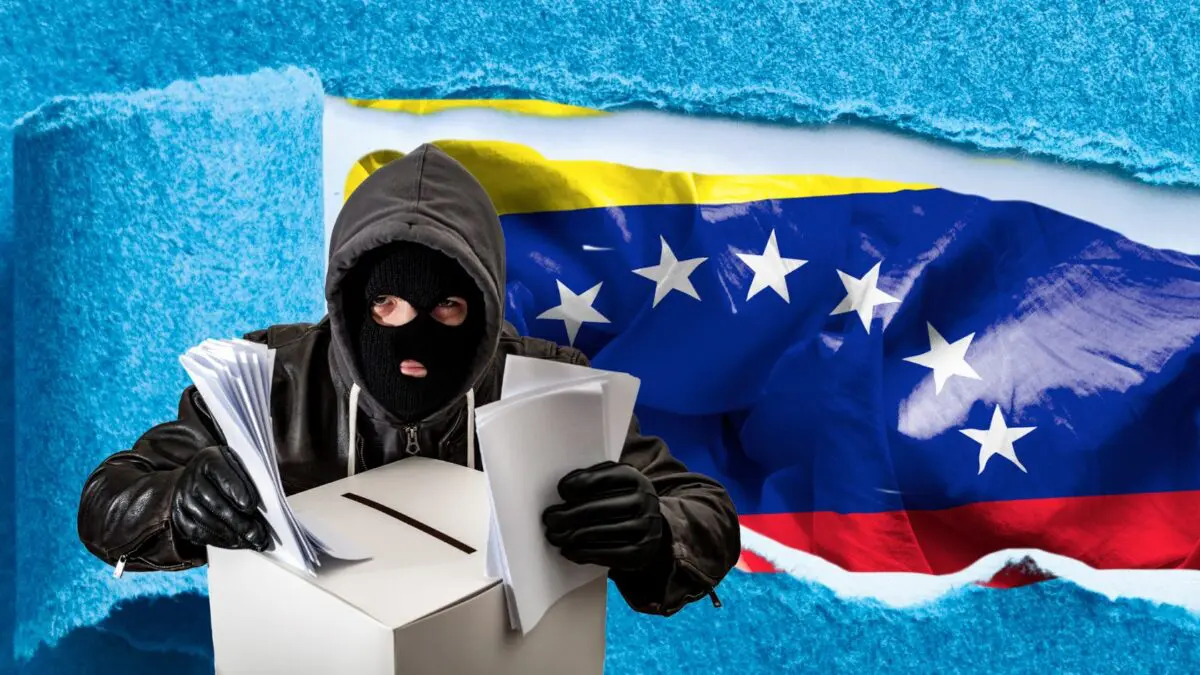According to a report released by the Organization of American States (OAS) the Department of Electoral Cooperation and Observation (DECO) stated that the outcome of the Venezuelan presidential elections conducted on July 28 2024 is not acceptable. The report, directed to OAS Secretary General Luis Almagro, details irregularities and structural problems that affected the voting process casting doubt on the credibility of the elections.
Election Results and Immediate Reactions
The National Electoral Council (CNE) declared Nicolás Maduro as the winner of the election stating that he secured 51.2% of the votes while his main rival, Edmundo González received 44.2%. However according to the OAS report there are differences between these official figures and independent evaluations such as exit polls and citizen led verifications that showed a clear advantage for González.
The CNEs announcement was made than six hours after the polling stations closed without providing a detailed breakdown of the results or granting access, to official tally sheets. The report criticized the CNE for labeling the results as “irreversible” despite mathematical errors and a lack of transparency.
Systematic Intimidation and Repression
The recent report from the Organization of American States (OAS) reveals a scheme orchestrated by the Maduro government to disrupt the electoral process by using tactics like fearmongering, political oppression and disqualifying opposition contenders. Of concern is the case of María Corina Machado, a prominent opposition leader who was barred from participating despite winning in the primary elections, a move widely perceived as politically motivated.
Leading up to the elections there were than 135 arbitrary arrests documented in the report, with many of them targeting individuals affiliated with the opposition. The air was thick with apprehension marked by instances of violence enforced disappearances and harassment directed at supporters of opposing parties. On election day itself there were reports of intimidation incidents occurring, such as sightings of government factions, near polling places.
Lack of Transparency and Observational Access
The OAS report underscores the importance of transparency in elections pointing out that the CNE hindered both international observers from effectively monitoring the electoral procedures. While a few civil society organizations were granted observer status by the CNE access was denied to electoral observation missions such as the European Union and the Carter Center.
Moreover the report highlights that the CNE refused entry to opposition witnesses at polling stations contributing to a decline in trust in the election process. Despite these obstacles local observers noted that opposition witnesses were present, in 90% of polling stations.
Electoral Manipulation and Clientelism
The report details how the Maduro administration used government resources to gain an edge in elections, such as offering aid in return for political backing. This tactic along with the absence of rules on campaign funding resulted in an unfair advantage for the ruling party.
Furthermore the OAS report raised concerns about the lack of autonomy within the CNE highlighting that its members have ties, to the Maduro government. This situation undermined the credibility of the electoral commission. Cast doubts on its capacity to oversee impartial and transparent elections.
Call for Accountability
Based on the evidence of irregularities the OAS has determined that the official outcomes of the Venezuelan presidential elections lack credibility and should not be recognized as reflective of democratic principles. The report emphasizes the need for transparency in disclosing voting records and urges global accountability measures against the actions of the Maduro government.
Amid protests in Venezuela following the election outcome the OAS findings underscore the ongoing struggle for democracy, within the nation. The Venezuelan populace, who displayed a dedication to exercising their democratic freedoms now confront an uncertain future as governmental authority grows stronger and dissent is suppressed.







